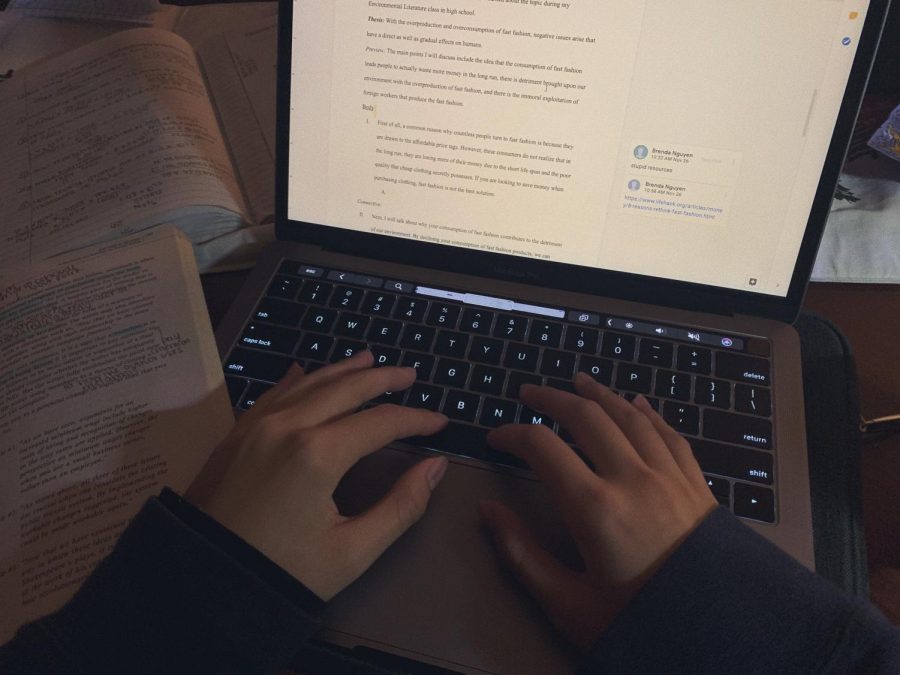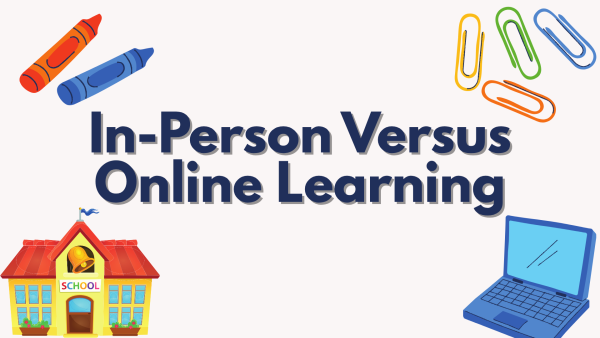All-Nighters or Sleeptighters
A photo of a student working late at night
With all the endless assignments, extracurriculars, and stuffed schedules, it’s no wonder students live off of coffee, energy drinks, and countless nights of staying up until their eyes fall out. Whether it be a hundred point assignment or a tight deadline, there will always be times where students will have the drive to work through the night. Many people don’t put as much thought into pulling an all-nighter, or staying up all night, as they should. The effects that sleep loss has on the human mind and body are almost unapparent. All-nighters may seem harmless, but it slowly disintegrates human health. The after-effects are evident through the dreary dark circles and the mania over caffeine.
For some people, sleep is a chore that they have to do, but for others, it is a priority. The National Sleep Foundation — a website that advocates for good health and focuses on sleep education — states that “teens need about 8 to 10 hours of sleep each night to function best.” Having less than the recommended amount of sleep could further affect our health and even our presence in school. Based on a survey organized at Huntington Beach High School, 51.8% of the responders get four to six hours of sleep on school nights. Not getting enough sleep contributes to poor health and sleeping habits, especially when schedules are jam-packed and students are constantly working.
Additionally, 71.2% of students also responded that they have pulled all-nighters; however, 87.9% of the students said that they were aware of the health effects that come with sleep loss. Although students are aware of the ill effects of sleep loss, it does not mean that they are mindful of it. Sleep is medicine. Sleep is meditation. Sleep is self-care. It is important to take care of the mind and body in order to recharge and function to the best of our abilities.
Based on student responses in the survey, the most common symptoms of all-nighters are feeling unfocused, drowsy, grumpy, or sick. This then results in ample amounts of stress, poor health, and obligations to pull more all-nighters. Students are almost forced to stay up all night because of heavy workloads that don’t seem to get lighter. Many are aware that working is more harmful than sleeping, but students still disregard this fact. To prevent this, students should sleep more and prioritize their health. This will ultimately benefit their well-being and improve their academic performance.
Although it is understandable that students have the need to stay up all night to work, there are better alternatives to that. Instead of risking our mental health and forcing our bodies to stay awake, students should take breaks from time to time to benefit themselves going forward.
Your donation will support the student journalists of Huntington Beach High School. Your contribution will allow us to cover our annual website hosting costs.
Thank you for supporting our program!







